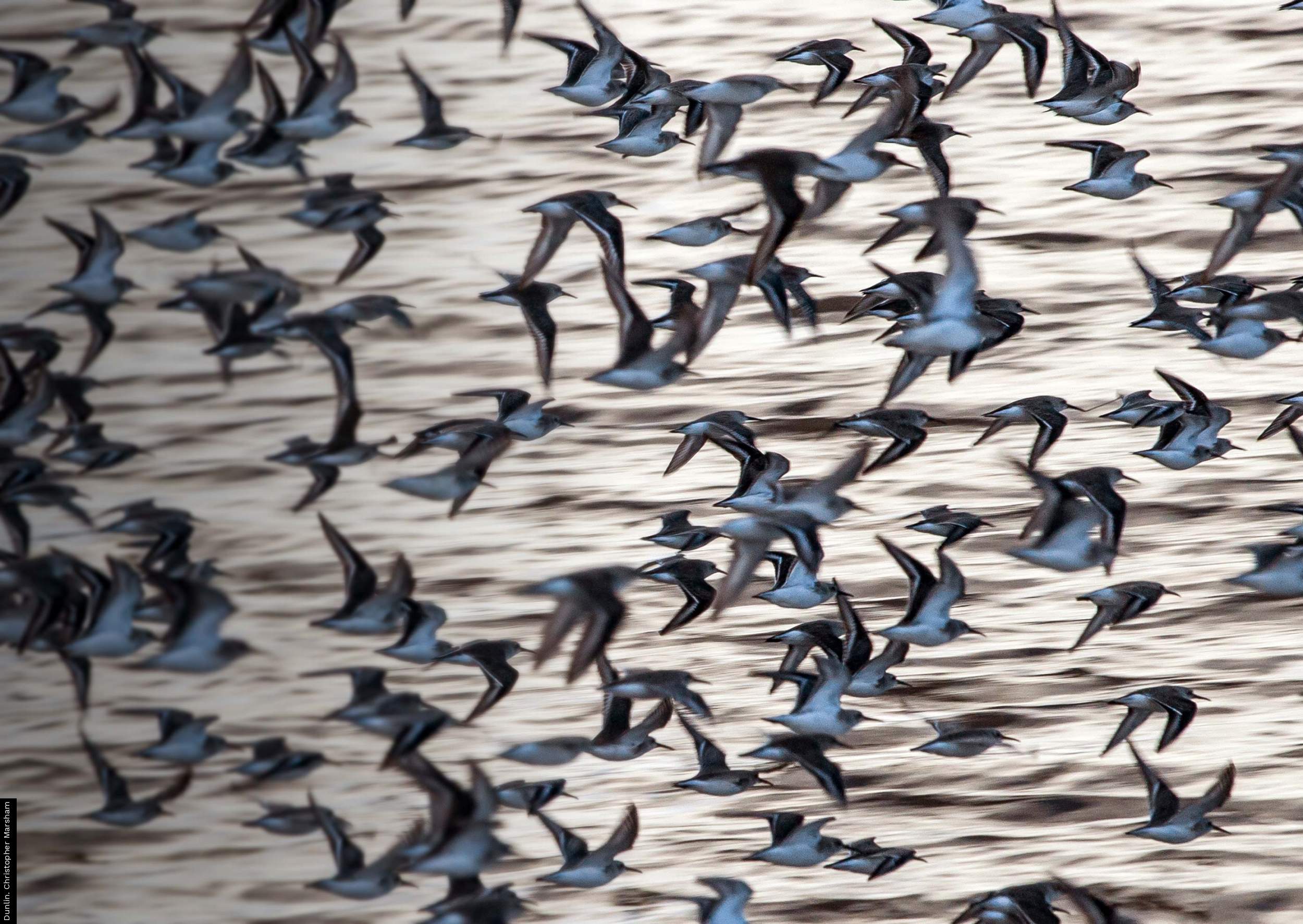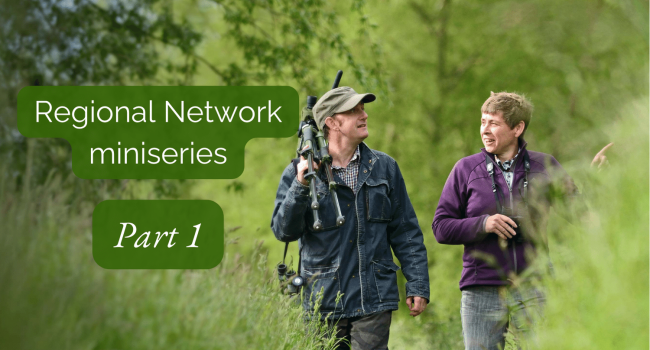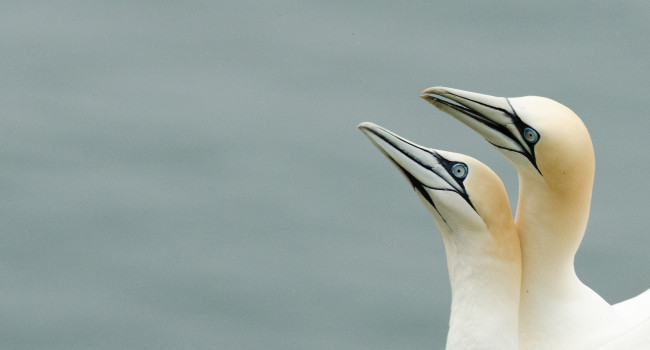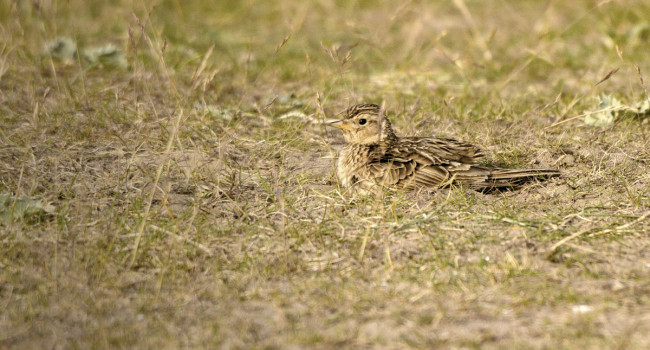Virus continues to threaten favourite UK garden bird
14 Apr 2025 | No. 2025-08
One of the UK’s most popular songbirds is in rapid decline, and garden owners are being encouraged to share their sightings with researchers.
When Paul McCartney recorded the famous Beatles song ‘Blackbird’ at Abbey Road Studios, the distinctive sound of a singing male Blackbird was added to the final mix, courtesy of the studio’s vast collection of sound effects. This particular Blackbird had been recorded three years earlier, in a west London garden. Sadly, that most familiar of sounds has become an increasingly scarce one in and around the English capital’s green spaces in recent years, following worrying declines.
In 2024, The British Trust for Ornithology (BTO) launched a pioneering survey to try to map this rate of decline in London’s Blackbirds, and to see whether similar population slumps were occurring elsewhere across the UK.
Initial results from that first year certainly show something of a north-south divide, with signs that Blackbirds are doing better in the north, and particularly north-west England, while they continue to struggle in London, and to a lesser extent the wider south-east. Researchers from BTO are hoping to encourage yet more members of the public to get involved in 2025, especially in our larger towns and cities, so that they can try to identify any further notable changes.
The decline of London’s Blackbirds has been linked to the recent appearance of a mosquito-borne virus which was first detected in England in the summer of 2020.
Usutu virus can be fatal to Blackbirds and concerns are growing as the virus appears to be spreading across south-east England. First identified in South Africa, the virus has been present in mainland Europe for around three decades. Its spread has been linked to climate change, and native UK mosquitoes can transmit the virus during warmer times of the year.
Scientists are trying to better understand the spread of Usutu virus and what the potential impacts might be on the UK’s Blackbirds, whose numbers were already decreasing slightly in Greater London even before the arrival of the disease. BTO researchers are keen to see if anything similar is happening in other large cities across the UK, and how this compares to smaller urban and rural areas.
The Blackbirds in Gardens survey will help BTO scientists better understand how Blackbirds’ use of different garden types varies, to help understand disease transmission risk, and how successfully young are raised, especially at different levels of urbanisation, from rural to urban gardens. Usutu is typically spread by bird biting mosquitoes, which rarely bite humans. When it does occur, human infection is often asymptomatic, and there have been no human cases of Usutu detected in the UK to date.
Although the risk to humans from Usutu virus is extremely low, this is the first time in modern history that a mosquito-borne viral zoonosis (a disease which can be transmitted from animals to humans) has emerged in the UK.
This BTO survey is part of a wider partnership project, being run in conjunction with the Animal and Plant Health Agency (APHA), the Zoological Society of London (ZSL) and the UK Health Security Agency (UKHSA). The project, Vector-Borne RADAR, is funded by UK Research and Innovation and Defra to understand the emergence and transmission of mosquito-borne viruses of wild birds in the UK, which are expected to increase as a result of climate change.
Hugh Hanmer, Senior Research Ecologist with BTO said, “Blackbird numbers have been noted to be decreasing in Greater London for some time. However, from 2020 they started declining more strongly, which coincided with the detection of Usutu virus, which can be fatal for these familiar birds. There is now evidence of a wider decline in Southern England, not seen in other UK regions. This survey seeks to understand why this change is happening and if it is linked to the spread of Usutu, by better understanding how Blackbirds use our gardens.”
Dr Arran Folly, senior scientist with APHA and Vector-Borne RADAR project lead said, “With Usutu virus now endemic in southeast England, outbreaks of mosquito-borne diseases are expected to grow in the UK, especially as temperatures rise due to climate change. Through our Vector-Borne RADAR project, we are working to gain a clearer picture of emerging mosquito-borne viruses. The insights from BTO's Blackbirds In Gardens survey will be essential for understanding how this virus might be impacting blackbird populations. I encourage all garden owners to get involved and help us track this virus.”
BTO is asking for anyone with access to a garden to take part in the survey. The official start date is Sunday 13 April and runs through until September.
Simply sign-up online at www.bto.org/blackbirds. Here you will find further information, a simple Blackbird identification guide, and full instructions of how to take part.
Listen to the sound of a Blackbird singing here.






Share this page